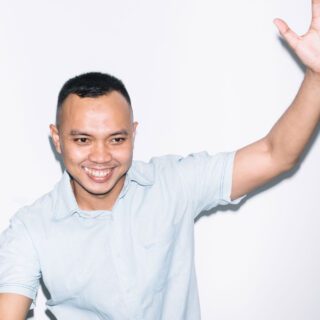Transwoman : Between Color & Voice
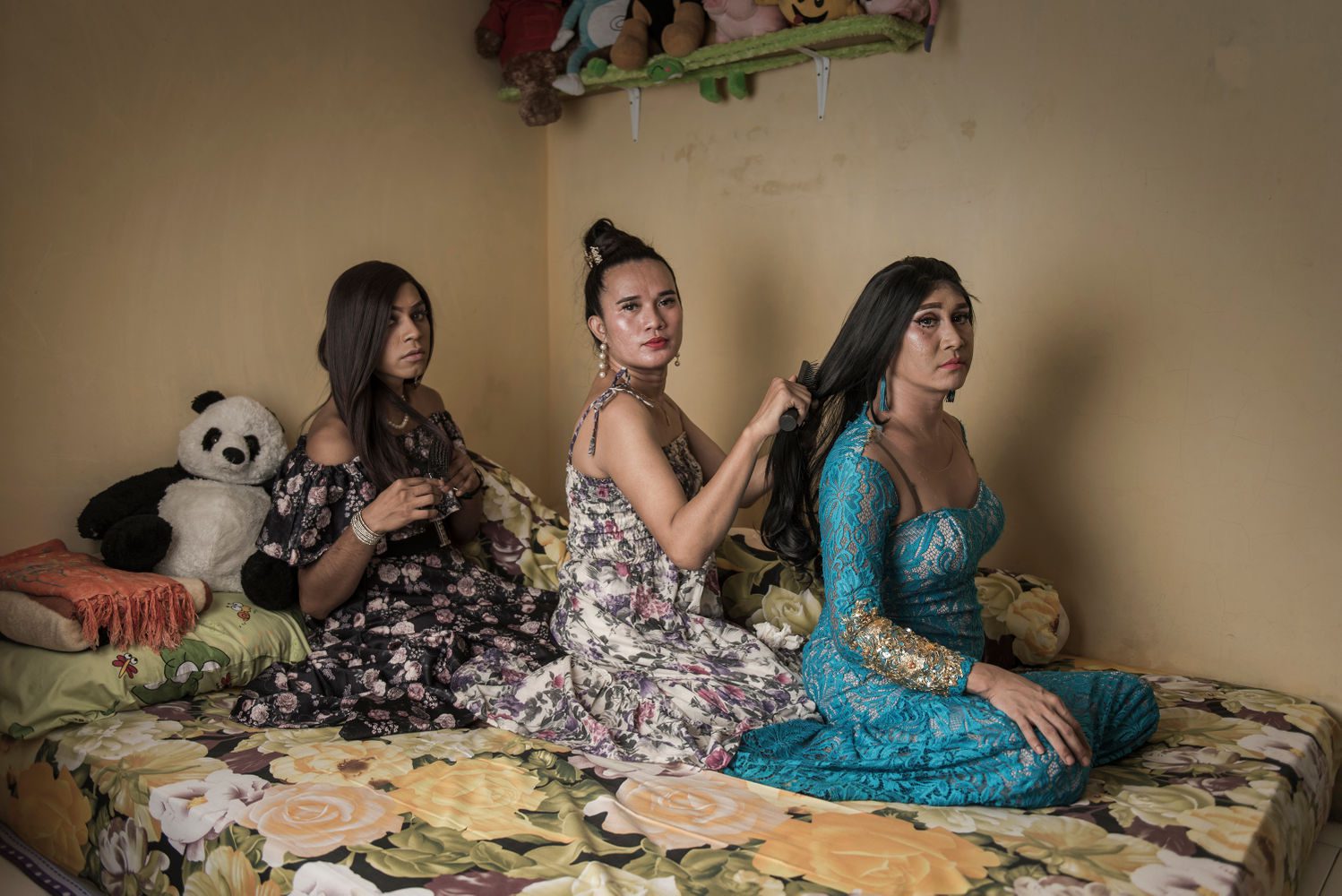
Liliana Saharon (left), Jamilah Tan (middle), Olive(right) make up themselves before busking. During the pandemic, they decided to live together to save on the renting cost considering that their daily work as a stylist had to stop while the Large-Scale Social Restriction implemented by the government.
Winnaar van de Pride Photo Award 2022 in de categorie Series. Fotograaf Yoppy Pieter toont ons transvrouwen in Indonesië tijdens de corona uitbraak.
Hoewel transvrouwen al lang deel uitmaken van de multiculturele samenleving van Indonesië, wordt deze gemarginaliseerde gemeenschap geconfronteerd met wijdverbreide discriminatie op grond van hun genderexpressie. Uit plaatselijke rapporten blijkt dat het aantal aanvallen op transvrouwen en gemeenschaps bijeenkomsten de laatste tien jaar blijft toenemen. Hoewel hun maatschappelijke invloed groot is, worden zij nog steeds als schande voor de families beschouwd onder de minder tolerante groepen in de Indonesische samenleving.
Deze schaamte bereikt uiteindelijk een hoogtepunt wanneer zij door hun families worden verbannen en als verschoppelingen worden geëngageerd. Lenny Sugiharto, de directeur van de Stichting Srikandi Sejati – een organisatie die transvrouwen bijstaat in gezondheidskwesties – zegt dat er 2.981 ondersteunde transvrouwen in Jakarta zijn, en dat ongeveer 70% van hen geen KTP (Nationale Identiteitskaart) heeft. Zonder dit document verliezen zij hun burgerrechten en hebben zij moeite om toegang te krijgen tot onderwijs, een officiële baan en om aan de armoede te ontsnappen. Tijdens deze pandemie werd dit een ernstig probleem, aangezien alle toegang tot gezondheidszorg en hulp van de steun vanuit de overheid onmogelijk was zonder dit officiële document.
Door middel van dit fotoproject brengt Yoppy Pieter in beeld hoe transvrouwen de uitbraak van Covid-19 in verschillende provincies het hoofd boden en hun relatie binnen hun gemeenschap versterken als een representatie van familie, in het aangezicht van tegenspoed.
Volgens de VN zijn LHBTQIA+ personen wereldwijd onevenredig hard getroffen door de pandemie. Zij waren voor hun onderhoud vaak afhankelijk van kwetsbare sectoren als horeca, detailhandel, of sekswerk, die sterk verstoord raakten door de uitbraak. Hierdoor hadden zij, naast gezondheidsproblemen, vaker te maken met werkloosheid, armoede, dakloosheid, misbruik en geweld.
Over de fotograaf
Yoppy Pieter (1984) is een visuele verhalenverteller, geboren en getogen in Jakarta. Hij heeft een aantal fotografieworkshops gevolgd, waaronder de Joop Swart Masterclass van World Press Photo in 2019 en werd geselecteerd voor het South-East Asia & Oceania 6×6 Global Talent Program in 2017.
Hij begon zijn fotografie carrière sinds 2013, nadat hij ontslag had genomen als reclamecoördinator. Hij besloot te reizen en sloot zich aan bij enkele workshops om zijn vaardigheid te verbeteren, omdat hij zich realiseerde dat fotografie meer is dan alleen mooie beelden maken.
Hij gelooft dat hij leeft omringd door de verhalen, aardbevingen, evolutie, geboorte, teleurstelling en liefdes van het leven. Die verhalen kunnen alleen worden vastgelegd door beter te kijken en te zien met een zuiver hart, eerlijkheid en vertrouwen. Fotografie is een poëzie en een visuele dialoog met het zelf en de omstandigheden om hem heen.
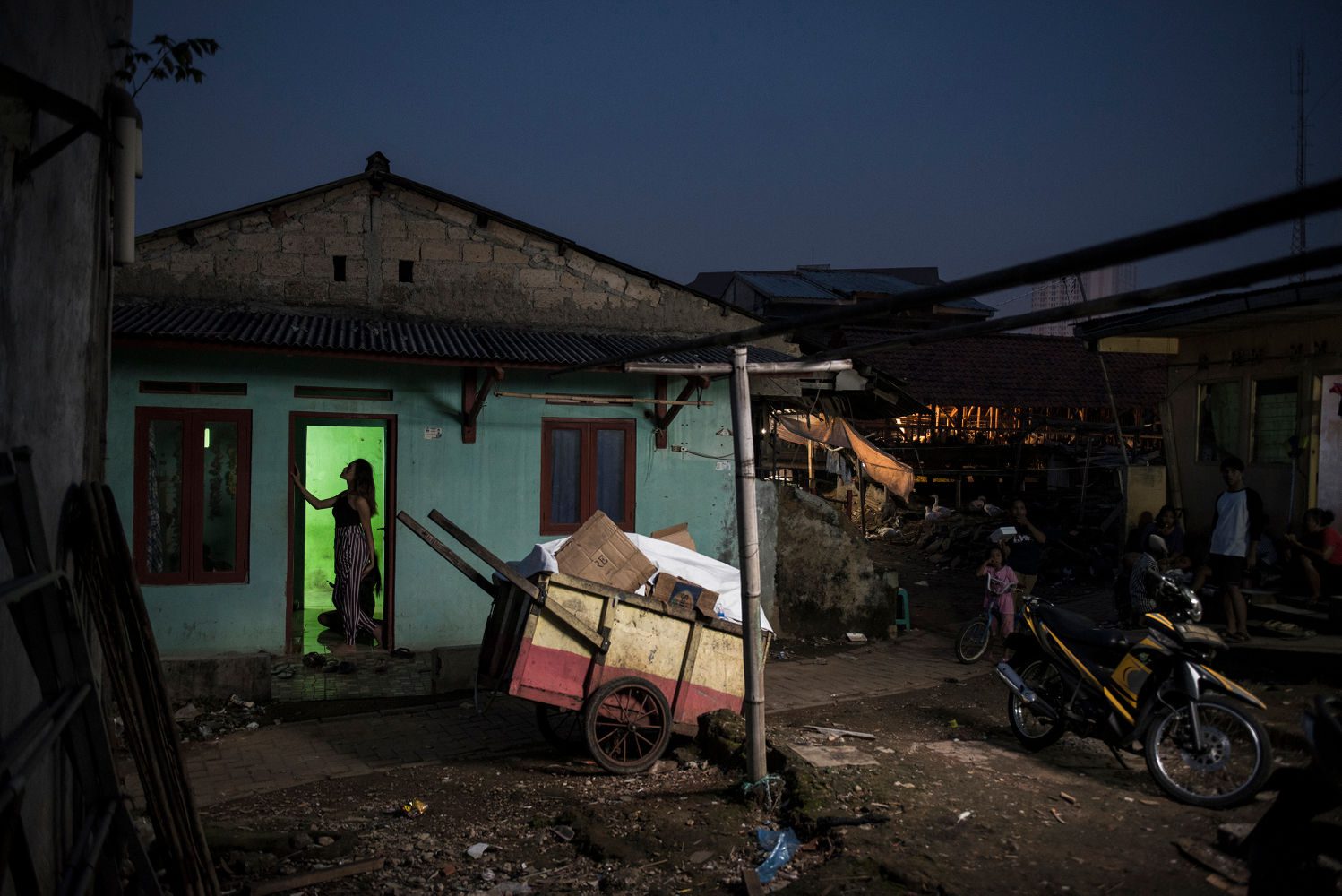
The slum area in Depok, West Java. Most of transwoman community live in this area as it provides an affordable room to rent that cost IDR 300.000 – IDR 600.000. But during the pandemic, most of them are not able to pay the rent as they lose income.
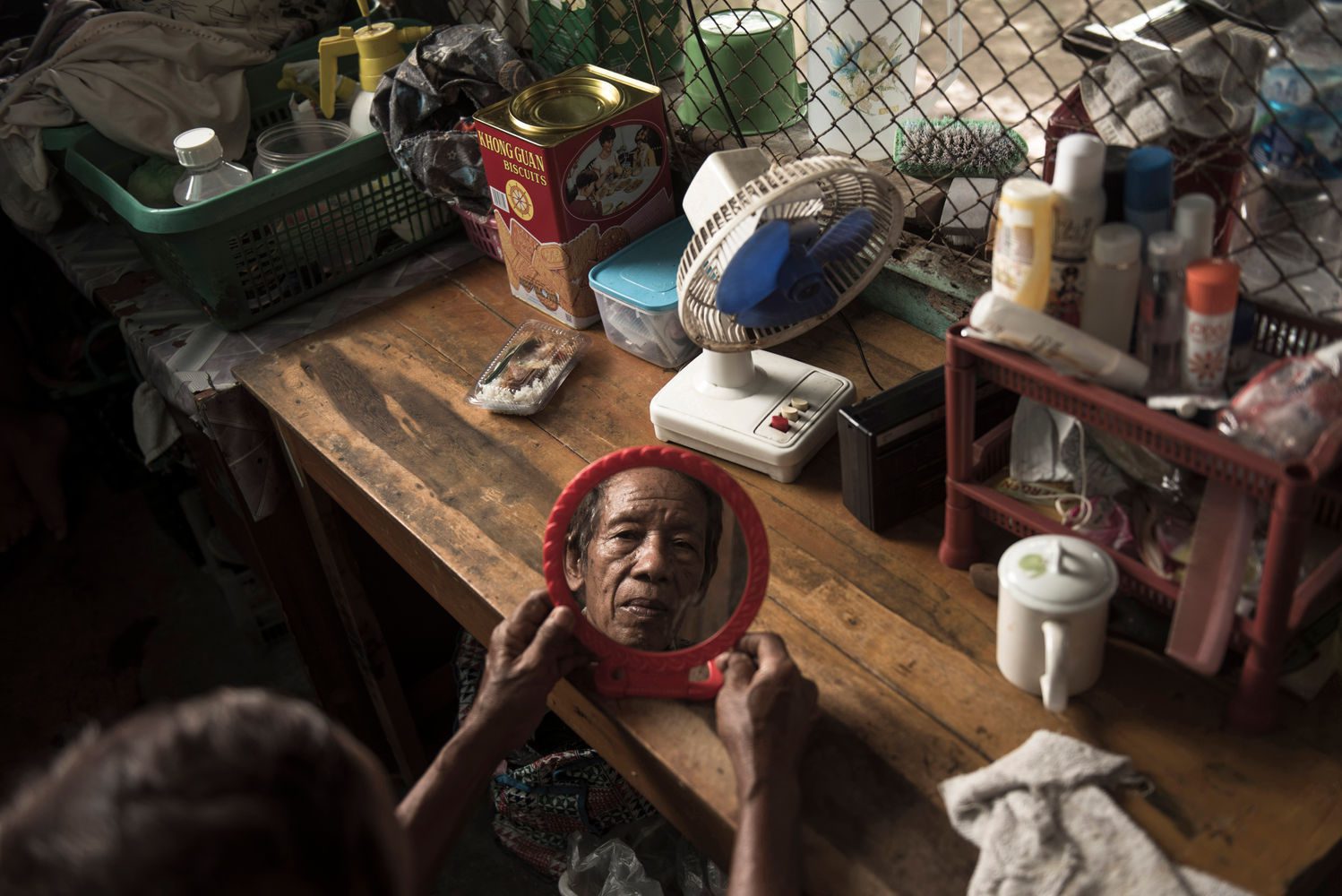
Mak Tadi (72) is an elderly transwoman who is now living at Kebaya Foundation, Yogyakarta. She considers this place as her home since she lives with other transwomen friends
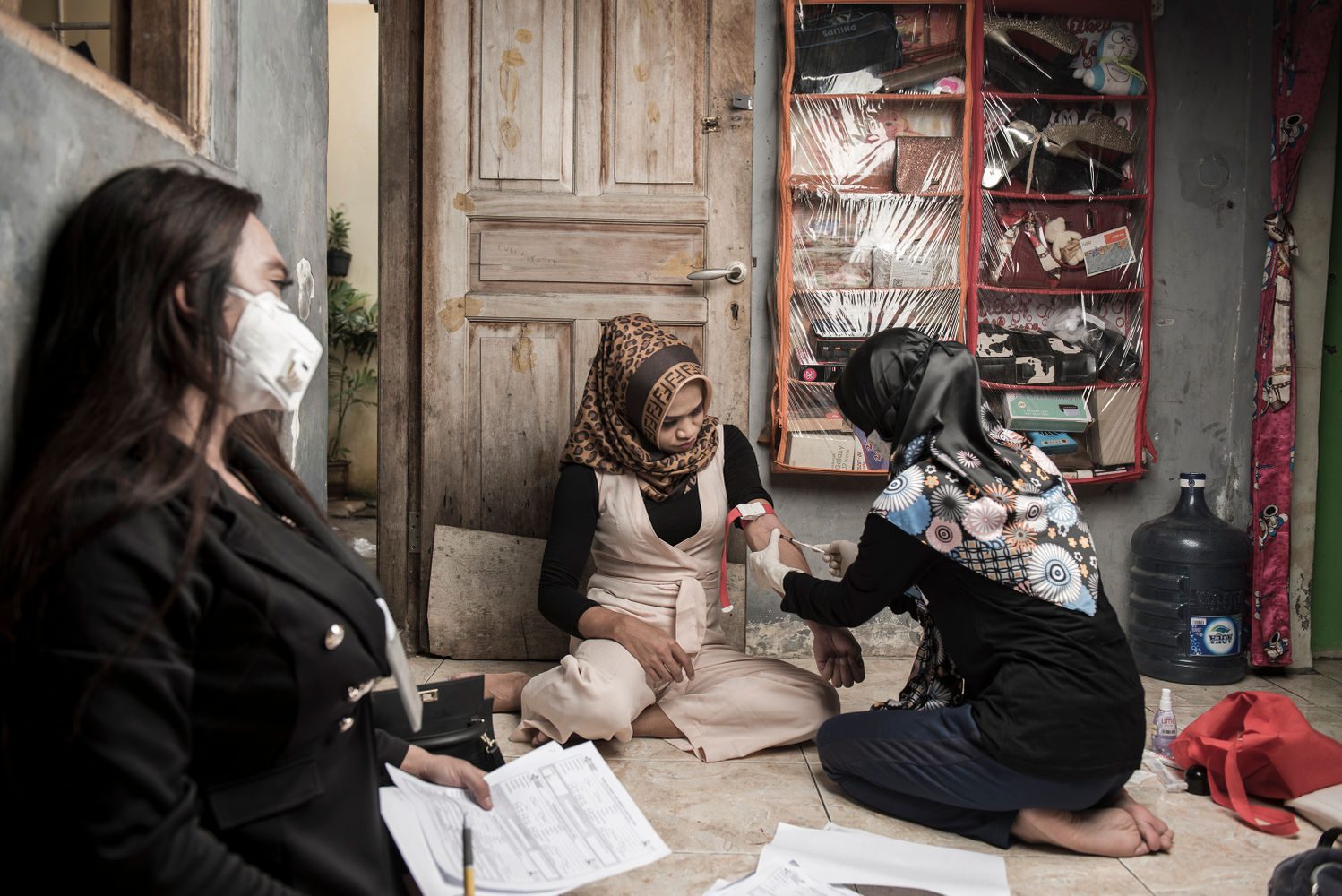
Lilis (middle) is being companied by Aurel (left) from Pelita Tangsel to do a routine HIV/AIDS testing in Serpong, Tangerang Selatan. This action is implemented to minimalize the community get tested and prevent covid-19 infection in the hospital.
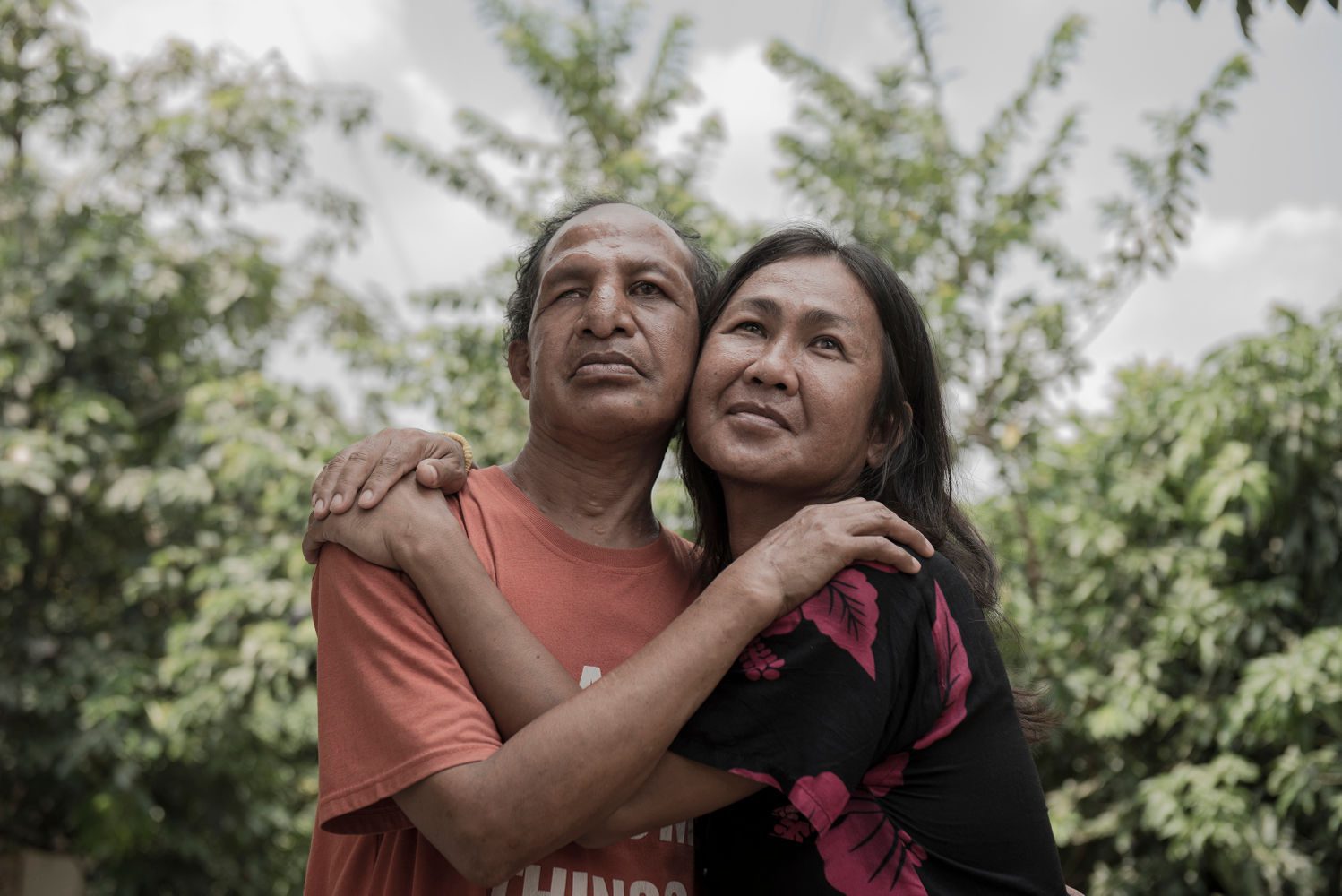
Lina (left) lives with her crucial health condition, and Dewi Persik (right) who lost her ID card due to electronic ID cards fraud when she lived in Yogyakarta. The implementation of Large-Scale Social Restriction challenged this duo buskers as they already have personal issue related to health and civil right.
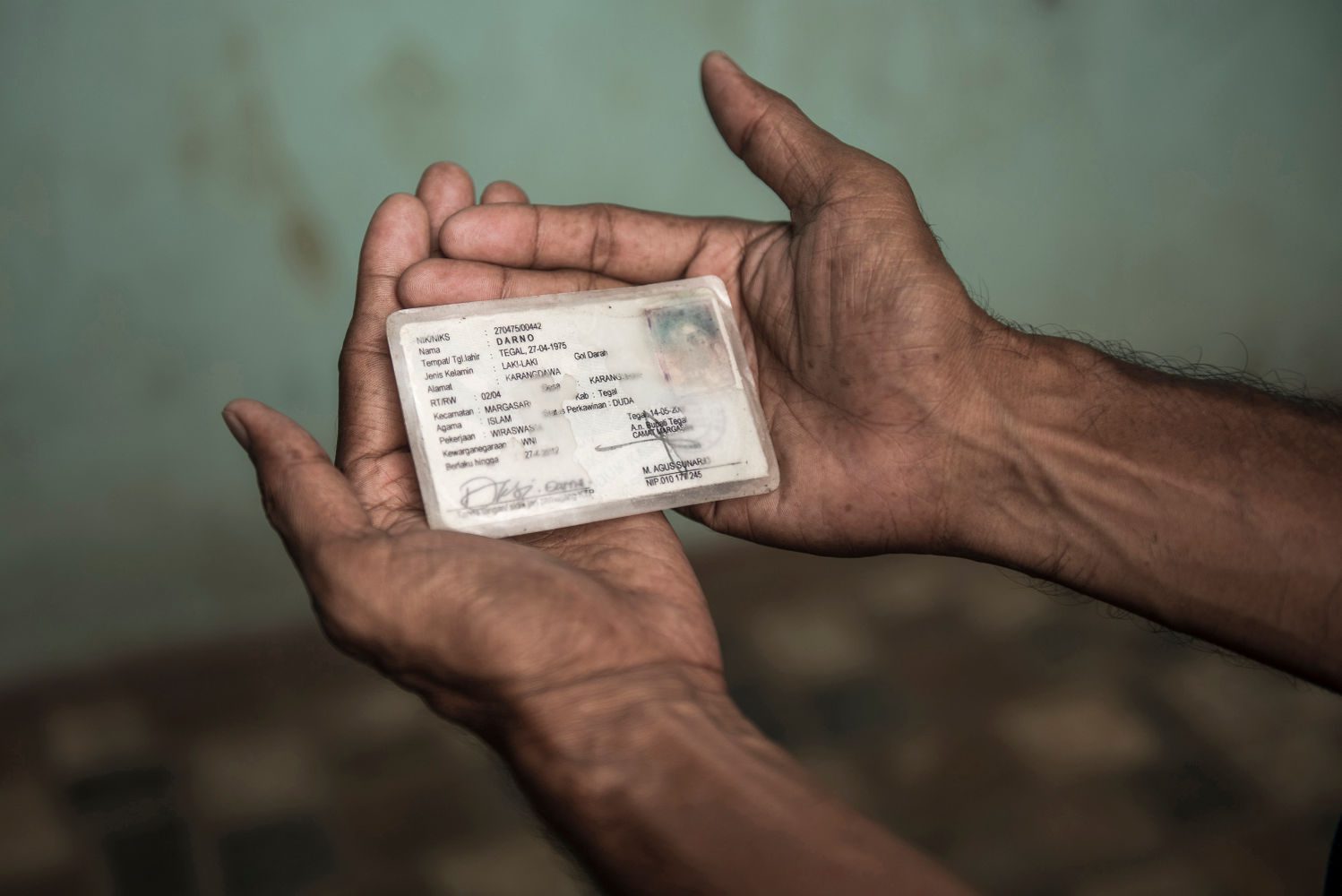
ID card belongs to Darni, in the name of Darno, that is expired since 2012. Most of transwoman who migrated to big cities Like Jakarta,Tangerang Selatan, Depok, and Yogyakarta do not ID card. This serious issue forced the individuals who lives without ID card face the obstacles to access their personal health treatment, education, and many civil rights.
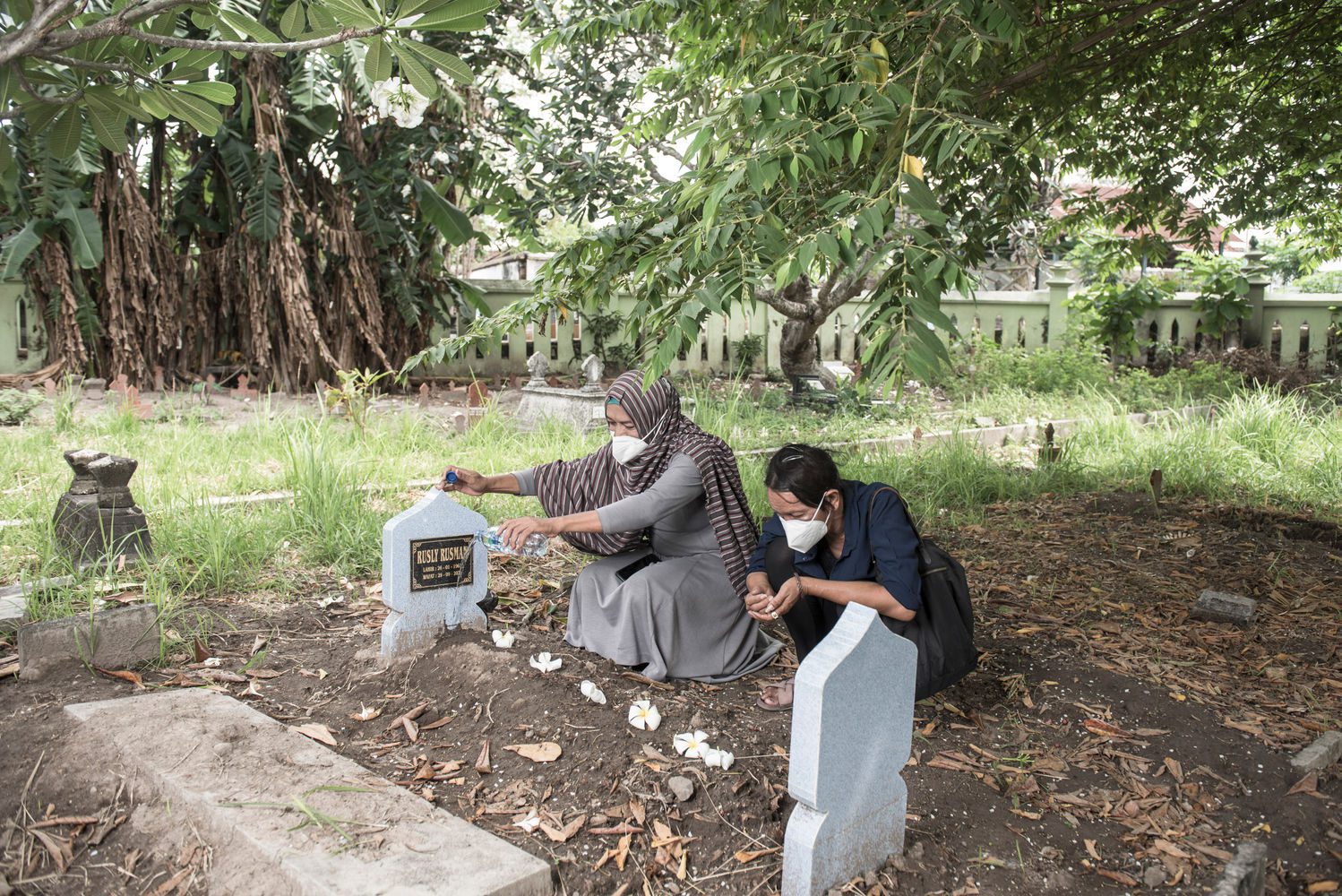
Mami Rully and Ningsih visit the grave of Mak Dolly in the graveyard owned by Yogyakarta Social Agency. The Covid-19 pandemic played a major role in triggering Mak Dolly to experience severe depression, which led to a heart attack that took her life.
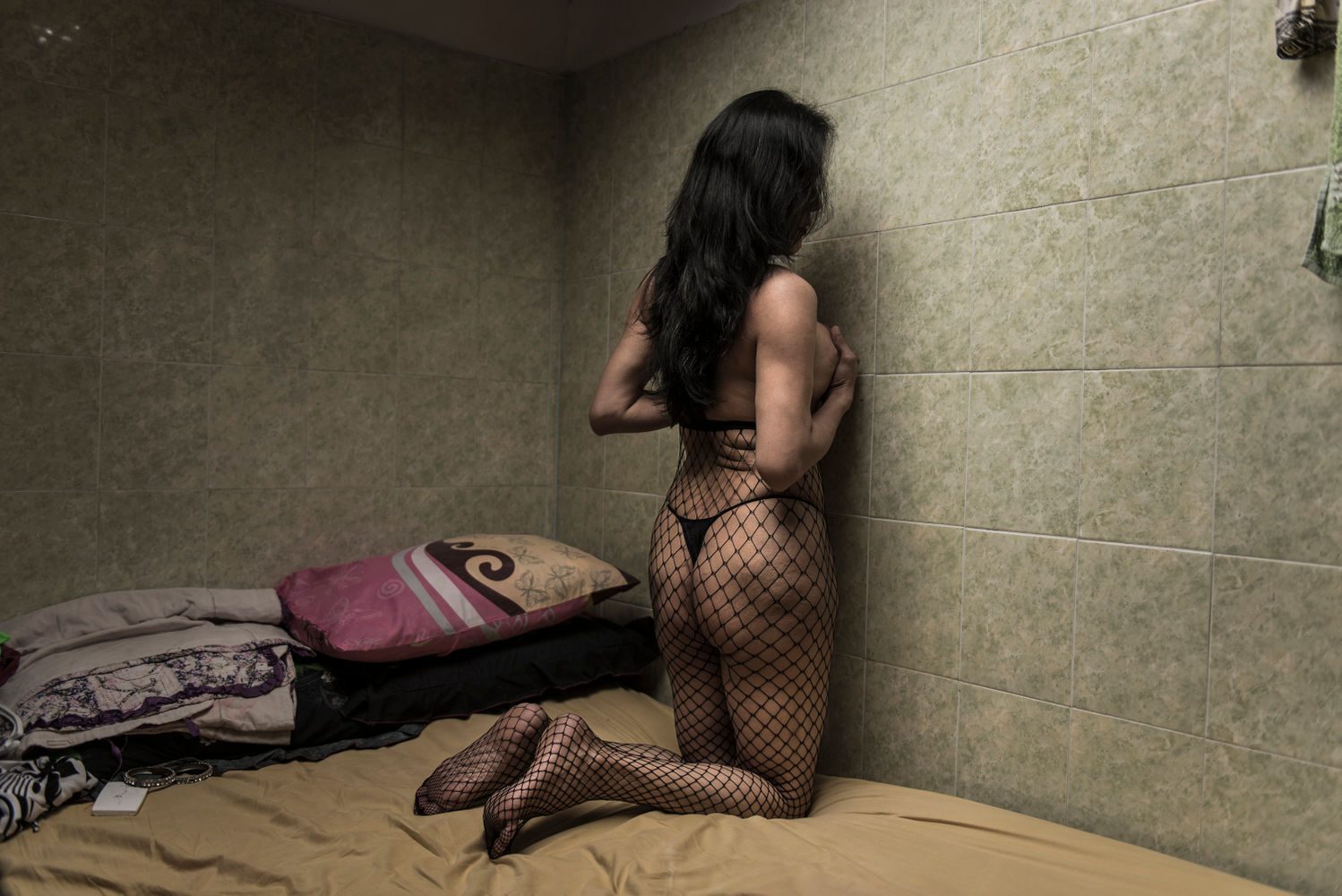
Mira (not her real nickname) works as a commercial sex worker in Jakarta. Since the implementation of Large-Scale Social Restriction in Jakarta, she no longer works in the street and choose online instead.
“I have no option and need to work to pay rent and living expenses,” she says. “Feelings of fear must be there, but when guests come over, I ask him to take a shower and clean up before we do business.”
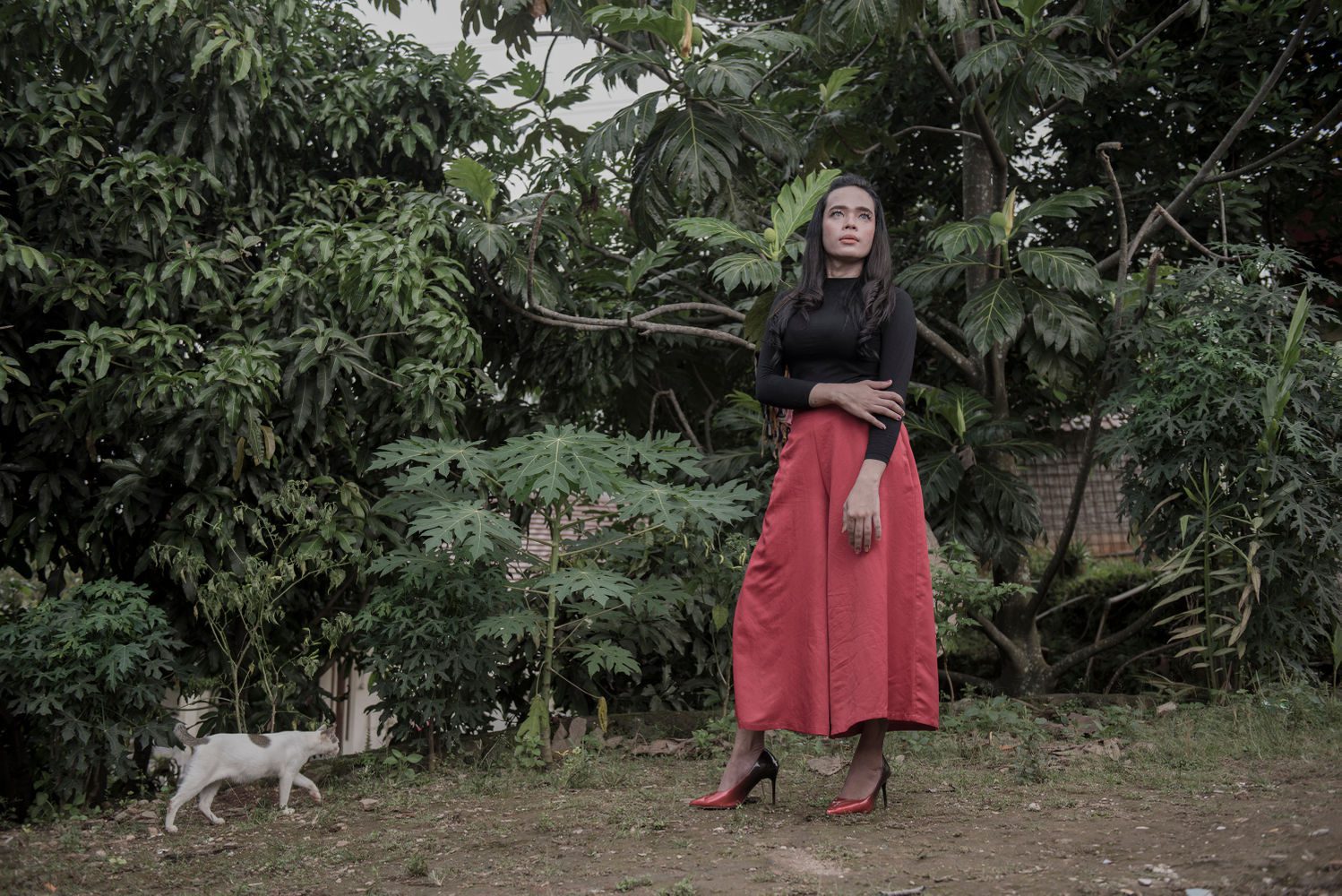
Laila is 27-year-old who works in Serpong, Tangerang Selatan. For the last three years she lives without ID card, it makes her face the obstacles to access her personal health treatment. Now her case is facilitated by Pelita Tangsel.
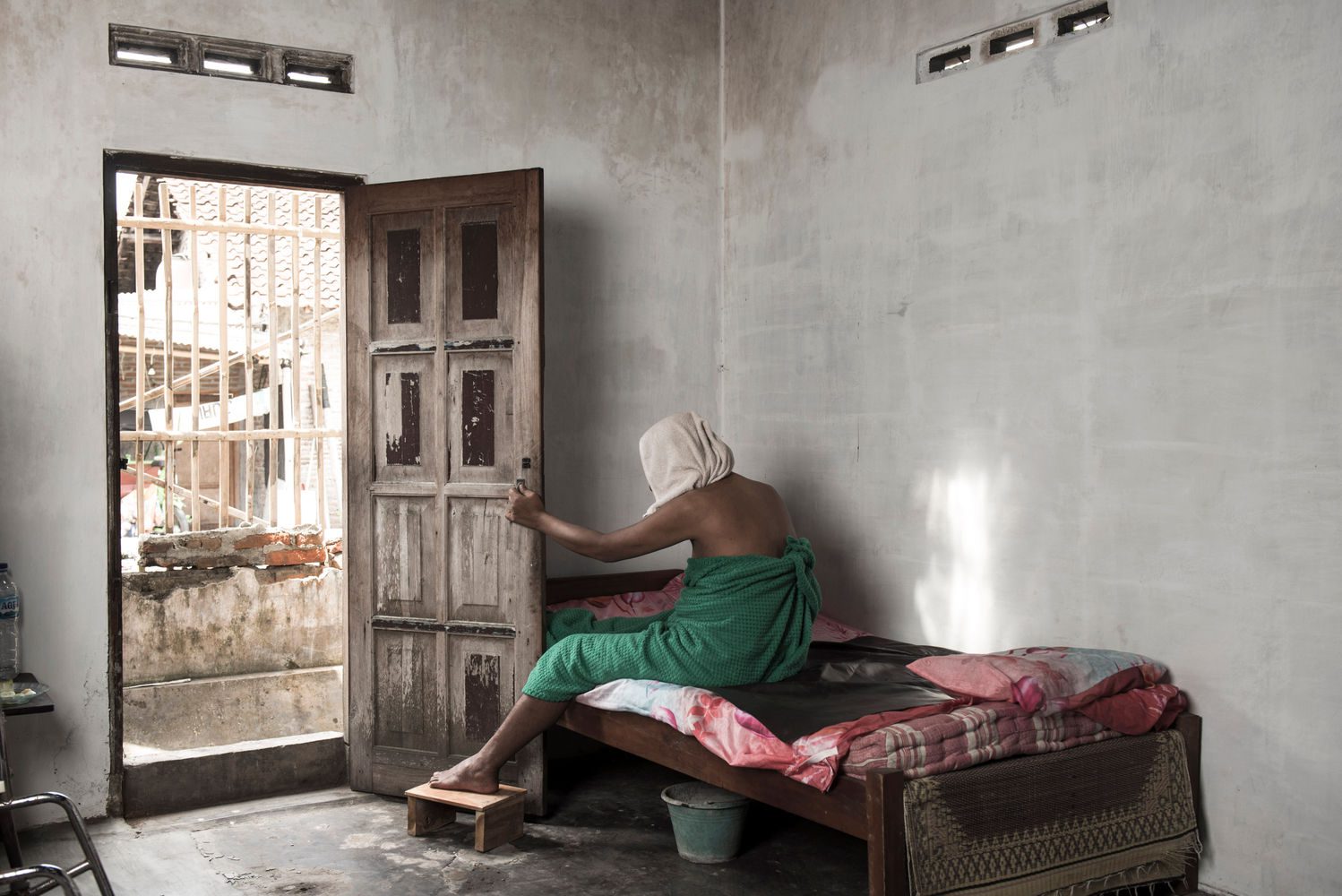
Mak Nur suffered a stroke. Currently, she is undergoing treatment at the WCC, Yogyakarta. She is an elderly transwoman who just got an ID card on September 15, 2021, after her advocacy was handled by Kebaya Foundation.
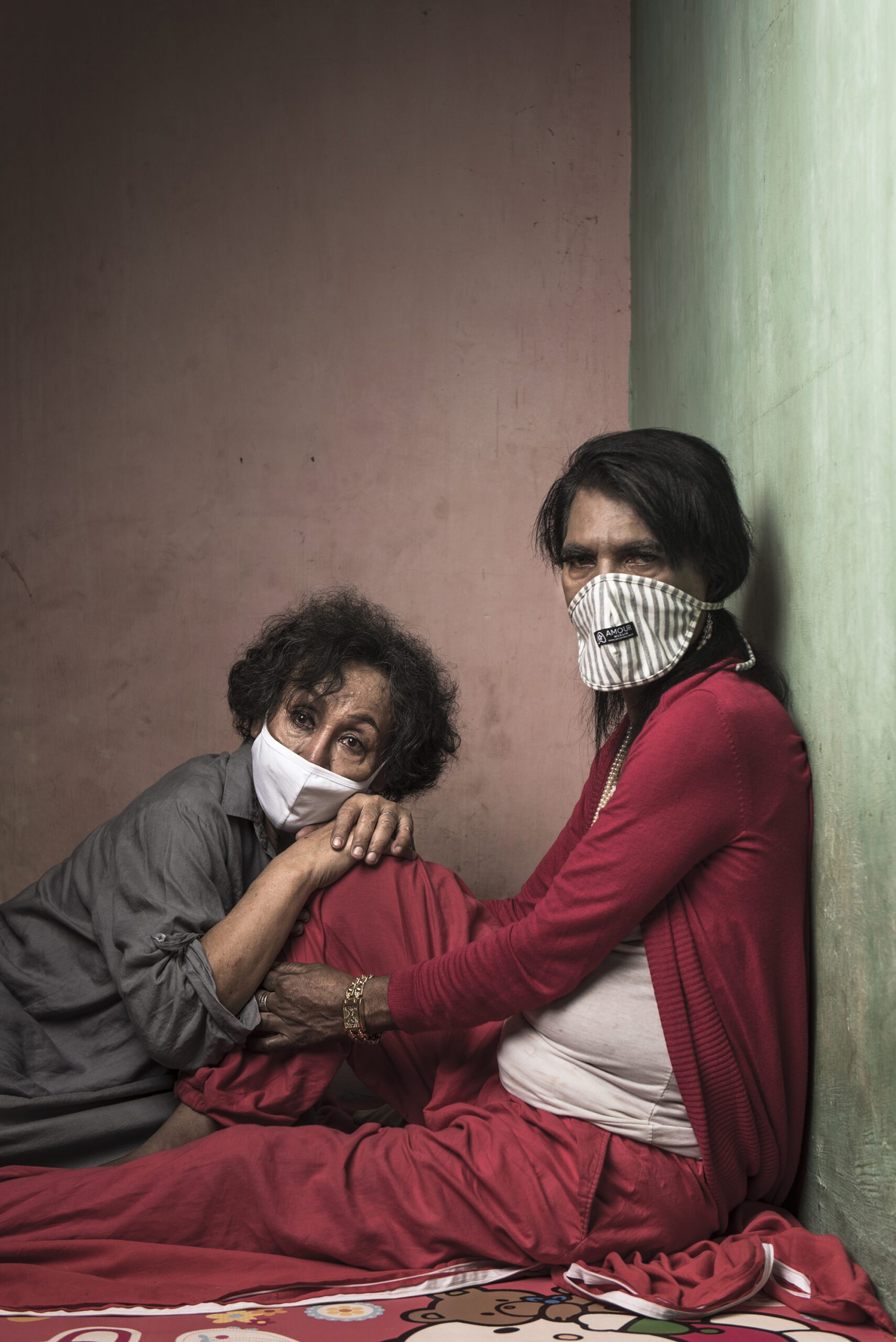
Mama Dona lays on Mami Yuli’s knee. As the leader of Indonesian Transwoman Forum, Mami Yuli dedicated her self to fight the right for transwoman’s right in society. During this pandemic she distributes the covid-19 donation to her community where the donation is coming from personal and church instead of government.
Winner of the Pride Photo Award 2022 in the Series category. Photographer Yoppy Pieter shows us trans women in Indonesia during the corona outbreak.
Although trans women have long been part of Indonesia’s multicultural society, this marginalised community faces widespread discrimination based on their gender expression. Local reports show that attacks on trans women and community gatherings have continued to rise over the past decade. Although their societal influence runs deep, they are still deemed shameful to families in Indonesia’s less tolerant society.
This shame eventually comes to a head when they are exiled by their families, committed as outcasts. Lenny Sugiharto, the director of the Srikandi Sejati Foundation – an organisation that assists trans women with health issues – says there are 2,981 supported trans women in Jakarta, and about 70% of them do not have a KTP (National Identity Card). Without this document, they lose their civil rights and have difficulty accessing education, official jobs and escaping poverty. During this pandemic, this became a serious problem as all access to health care and government support was impossible without this official document.
Through this photo project, Yoppy Pieter portrays how trans women coped with the Covid-19 outbreak in different provinces, strengthening their relationship within their community as a representation of family in the face of adversity.
According to the UN, LGBTQIA+ persons worldwide have been disproportionately affected by the pandemic. They often depended on vulnerable sectors such as hotels and restaurants, retail, or sex work for their living, which were strongly disrupted by the outbreak. As a result, in addition to health problems, they were more exposed to unemployment, poverty, homelessness, abuse and violence.
About the photographer
Yoppy Pieter (1984) is a visual storyteller, born and raised in Jakarta. He has attended a number of photography workshops, including the Joop Swart Masterclass by World Press Photo in 2019 and was selected for the South-East Asia & Oceania 6×6 Global Talent Program in 2017.
He started his photography career since 2013, after he resigned as an advertising coordinator. He decided to travel and joined some workshops to improve his skill because he realized that photography is more than just taking beautiful images.
He believes he lives surrounded by the stories, earthquakes, evolution, birth, disappointment and loves of life. Those stories can be only captured by looking closer and seeing with a pure heart, honesty, and trust. Photography is a poetry and a visual dialog with the self and the circumstances around him.
